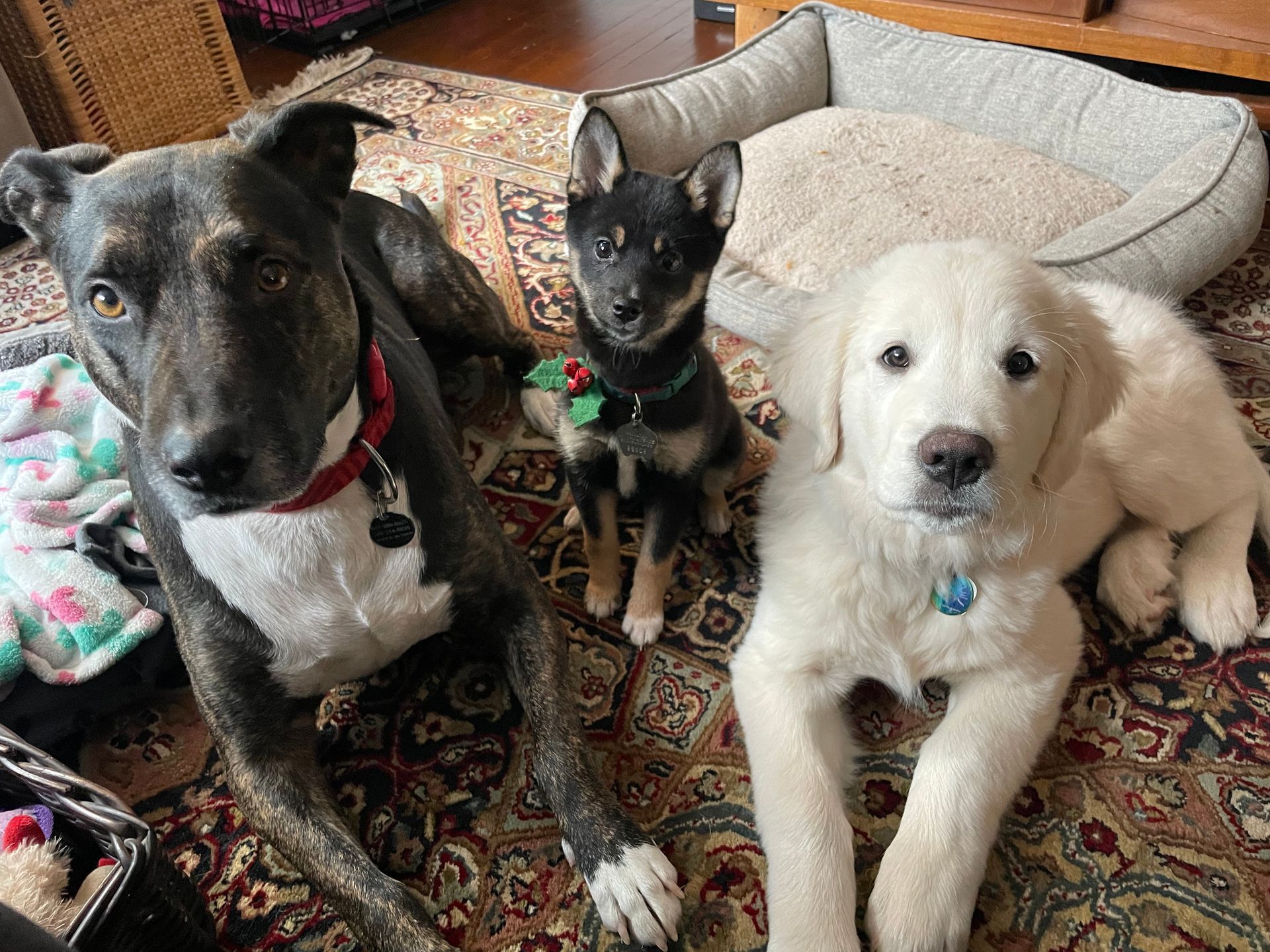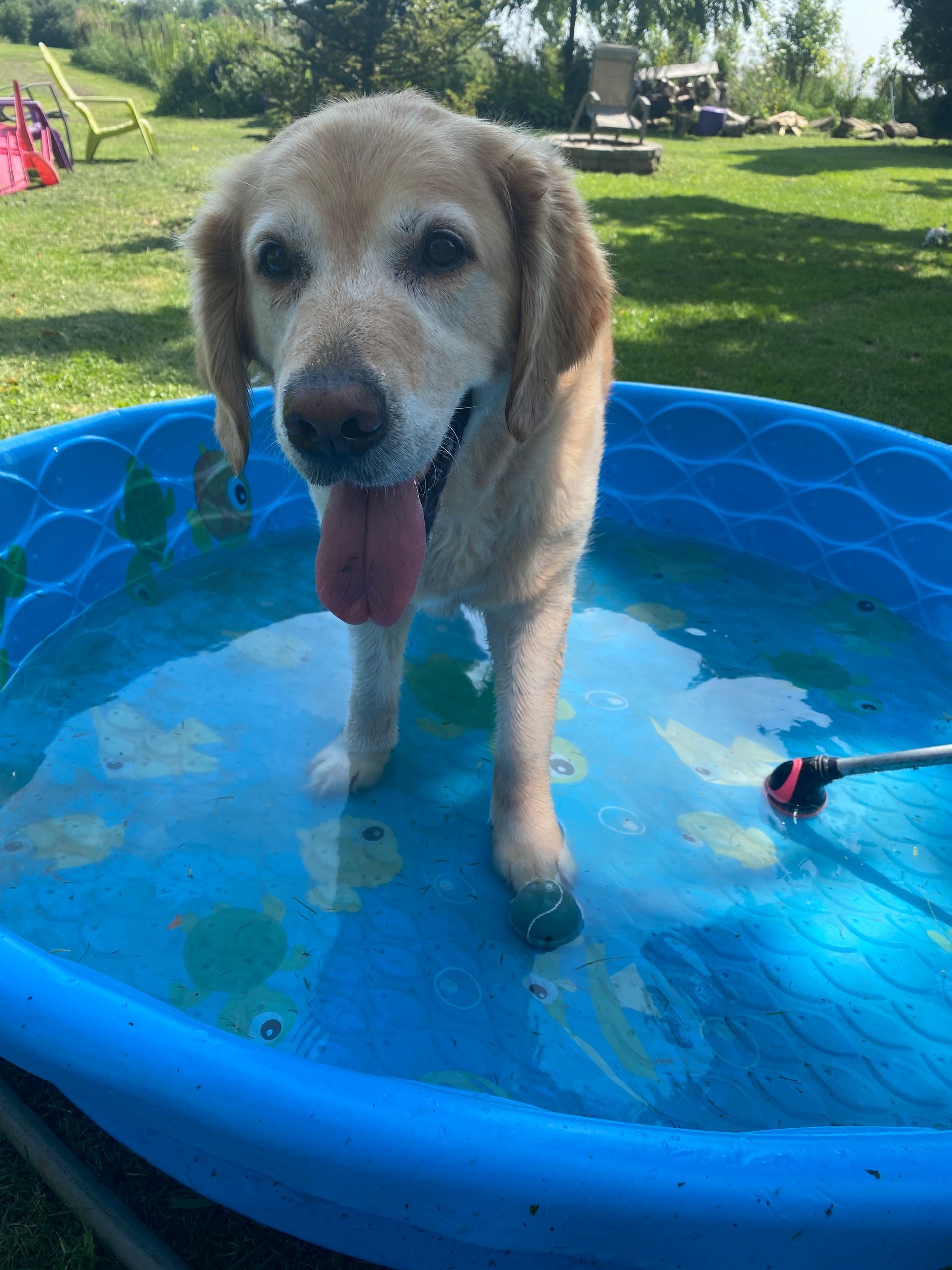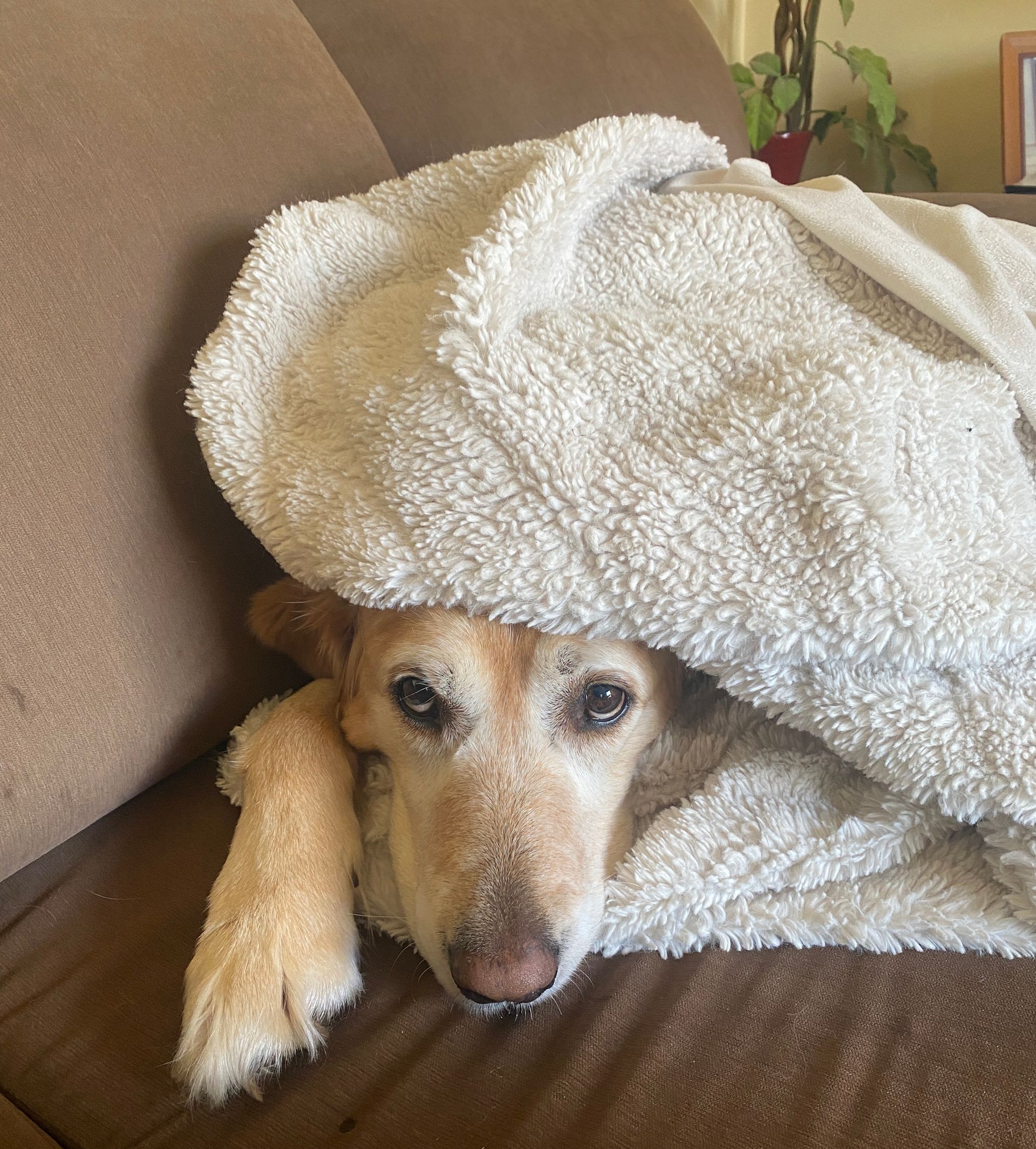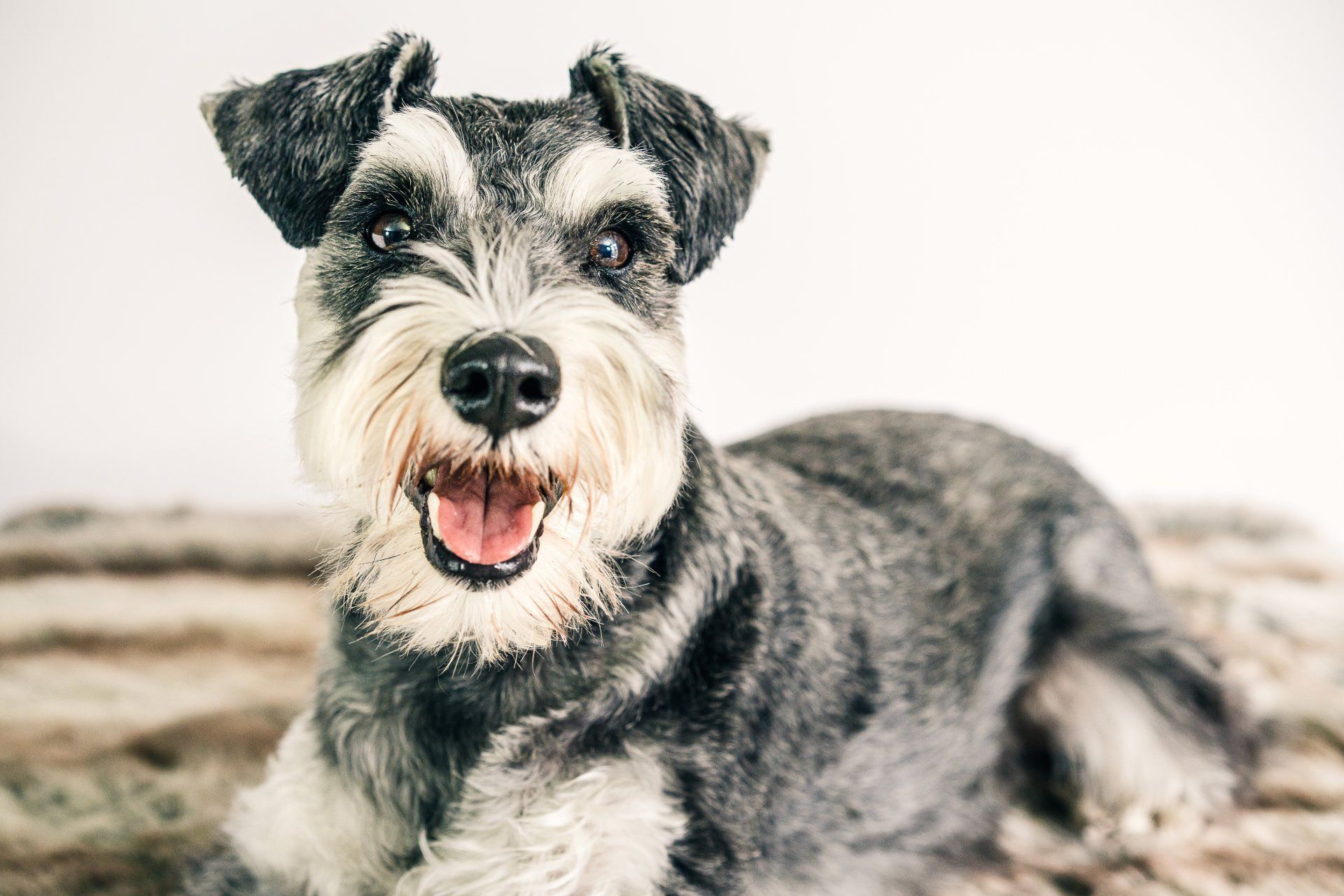Games 4 Dogs
When You've Been Told There's No Hope For Your Dog

When You're Told There's No Hope For Your Aggressive Dog
Sadly, there are older dogs out there whose pet parents have had to face the distressing news that their dog's behaviour is deemed unmanageable. If you are one of those parents, it's crucial to approach the situation with patience, determination, and an open mind.
Here are ten steps pet parents could take:
1. Keep Looking for Professional Help: Consult with a certified dog behaviourist or trainer for a thorough assessment and personalized behaviour modification plan. Don’t be afraid to get a second opinion: If possible, seek advice from another behaviourist or trainer to ensure that all potential strategies have been considered.
2. Utilize Calming Aids and Techniques: Consider using calming aids such as pheromone diffusers, anxiety wraps, or natural supplements to help reduce your dog’s stress levels, making them more receptive to training.
3. Rule Out Medical Issues: Have your dog thoroughly examined by a veterinarian to rule out any medical conditions that could be contributing to the behaviour problems.
4. Commit to Consistent Training: Establish a consistent training routine. Consistency is key in modifying behaviour, so ensure all family members are on the same page.
5. Focus on Specialized Tools That Limit the Possibility of Danger: Based on the recommendations from dog training professionals, use positive reinforcement tools and techniques to reward good behaviour. Avoid punishment-based methods, as they can exacerbate issues.
6. Identify Triggers: Work with your trainer to identify the specific triggers that cause your dog’s undesirable behaviour and develop strategies to manage or avoid them.
7. Create a Structured Environment: Provide a structured and predictable environment for your dog. Clear boundaries and routines can help reduce anxiety and improve behaviour.
8. Increase Exercise and Mental Stimulation: Ensure your dog gets plenty of physical exercise and mental stimulation to help reduce excess energy and boredom, which can contribute to behaviour problems.
9. Consider Specialized Programs: Look into intensive training programs, such as board-and-train facilities, where your dog can receive focused training and behaviour modification.
10. Join Support Groups: Connect with other pet parents facing similar challenges through support groups or online communities. Sharing experiences and advice can provide valuable insights and emotional support.
Dealing with severe behaviour issues in your dog can be challenging, but with persistence, professional guidance, and a lot of love, many dogs can show significant improvement. Remember, every dog is unique, and finding the right approach may take time and patience.
Prevent Heartache: Invest in Puppy Training Early
Puppy training is an invaluable investment for pet owners, setting the foundation for a well-behaved and balanced dog throughout their life. By incorporating professional guidance and consistent training routines early on, you address and prevent potential behaviour issues before things get put of control.
What Is Most Important To Teach My New Puppy?
Effective puppy training is essential to prevent behaviour problems and ensure a harmonious relationship between you and your dog. Here are the ten most important elements of sound puppy training:
Consistency: Establish and maintain consistent rules and routines. Consistency helps your puppy understand expectations and reduces confusion, fostering a sense of security and stability.
Socialization: Expose your puppy to a variety of people, animals, environments, and situations. Early socialization helps prevent fear and aggression, promoting a well-adjusted and confident dog.
Obedience Training: Teach fundamental commands such as sit, stay, come, and leave it. These commands form the basis of good behaviour and provide essential communication tools between you and your puppy.
Crate Training: Introduce crate training to provide your puppy with a safe and secure space. Crate training aids in house training and helps prevent destructive behaviors when you're not supervising.
Leash Manners: Train your puppy to walk calmly on a leash. Proper leash manners are crucial for safe and enjoyable walks.
Bite Inhibition: Teach your puppy to control the force of their bite by redirecting to appropriate chew toys and using gentle corrections when they bite too hard.
Impulse Control: Work on exercises that teach your puppy to wait patiently, such as waiting for a treat, sitting before meals, and not jumping on people. Impulse control is key to preventing unruly behavior.
Mental Stimulation and Physical Exercise: Provide plenty of opportunities for mental stimulation and physical exercise. Puzzle toys, training games, and regular playtime help burn off energy and keep your puppy mentally engaged.
Handling and Grooming: Get your puppy accustomed to being handled and groomed. Regularly touching their paws, ears, and mouth can make vet visits and grooming sessions less stressful.
Boundaries and Personal Space: Teach your puppy to respect boundaries and personal space, both yours and others'. This helps prevent issues like jumping on guests or invading another pet's space.
By focusing on these ten elements, you can prevent the heartache of dealing with serious behaviour problems and ensure your puppy grows into a well-behaved and happy adult dog.










